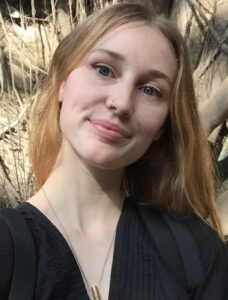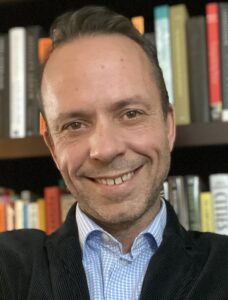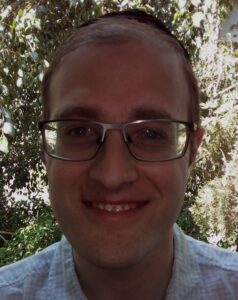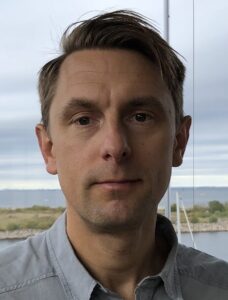GCRI is pleased to announce the 2022 Fellowship Program. The Fellowship Program aims to highlight exceptional collaborators GCRI had the opportunity to partner with over the course of the year. This year, we have four 2022 Fellows.
The 2022 GCRI Fellows include students and senior professionals hailing from four countries around the world. Their contributions include research across a diverse range of research disciplines including nuclear war risk, misinformation, and artificial intelligence scenario mapping. Their contributions are invaluable and we are confident that they will continue to do excellent work on global catastrophic risk beyond 2022.
The Fellowship Program is part of GCRI’s commitment to supporting the development of the field of global catastrophic risk. Another major GCRI field-building activity is our Advising and Collaboration Program, which features an open invitation for people to reach out to GCRI to get more involved. Indeed, more than half of the 2022 Fellows mostly connected with GCRI initially via our 2022 Advising and Collaboration Program. We at GCRI have been privileged to interact with many very talented students, researchers, and professionals.
Congratulations to our 2022 GCRI Fellows.
 Isla Gibson
Isla Gibson
London
Isla Gibson is currently pursuing an MSc in Political Science at University College London. She obtained a BA from Durham University in Chinese Studies and has since developed this regional interest in a range of research positions. Isla is working with GCRI on misinformation as a cross-cutting risk factor for global catastrophic risks, with a particular focus on broadening the misinformation concept for the purposes of discussing information issues in nuclear war.
 Kyle Kilian
Kyle Kilian
Washington, D.C.
Kyle Kilian is an intelligence officer in the US Department of Defense, where he leads analytical initiatives in digital innovation and artificial intelligence (AI). Working with faculty at the National Intelligence University (NIU), Kyle’s research centers on the intersection of AI and national security, technological convergence and anthropogenic risk, and exploratory futures modeling. Kyle received an M.S. in Science and Technology Intelligence from NIU (2022), an M.A. in international affairs from the American University’s School of International Service (2015), and undergraduate degrees in geography and international studies from the University of Miami (2005). Kyle is collaborating with GCRI on modeling complex AI futures and scenario mapping strategies for catastrophic risk foresight.
 David Manheim
David Manheim
Rehovot
David Manheim is a public policy researcher and founder of the Israeli nonprofit ALTER. He is currently a visiting researcher at the Technion, specializing in biological and technological risks and the impacts of new technologies. He is also an advisor to several organizations, including PIBBSS.ai, the Effective Institutions Project, and 1DaySooner. He has done research on topics from COVID-19, to the future of pandemic response and monitoring, to forecasting risks of AI at a variety of organizations including the World Bank, the Council on Strategic Risks, and Oxford’s Future of Humanity Institute. In addition to dozens of academic publications in journals ranging from Technological Forecasting and Social Change to Clinical Infectious Diseases, and from Health Security to PLoS Computational Biology, his work on the implications, risks, and management of novel technologies has appeared in Foreign Affairs and TechCrunch. David is collaborating with GCRI on public health and biosecurity.
Andreas Vilhelmsson is an associate researcher in public health at Lund University in Sweden. He has a broad interest and skills in different aspects of human health, but with a specialized focus on issues concerning global health, environmental health (special focus on endocrine disruptive chemicals and fertility), climate change (mostly health aspects, but also policy), mental health (including suicidology), pharmaceuticals (regulation, toxicology, and pharmacovigilance), pandemics, nudging, AI and digitalization. He is collaborating with GCRI on public health implications of nuclear winter.








